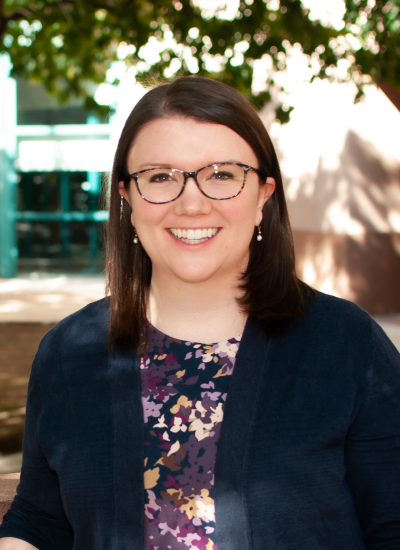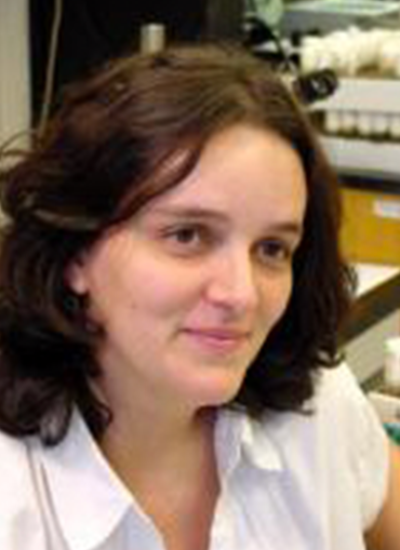Leslie Farland
Work Summary
Dr. Leslie V. Farland's research program focuses broadly on women’s health and can be categorized into three major themes: i) the intersection between women’s reproductive health and chronic disease risk ii) etiology and risk factors for endometriosis, infertility, and polycystic ovary syndrome iii) disparities in access to infertility care and fertility treatment utilization











